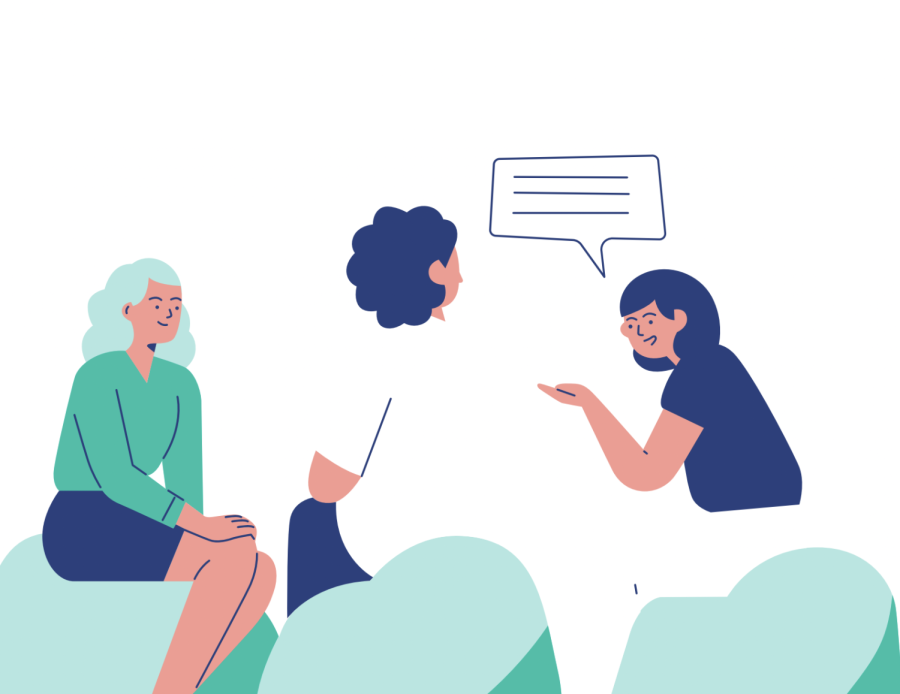LFHS Counseling Groups: For when students need extra support
February 4, 2023
Could the majority of students at LFHS lead me to the social work offices if I asked for directions? Better yet, could they name the resources offered in this department?
Most students are unaware of the various support services available at our school. There are nine groups, to be exact.
Social worker Mr. Daniel Maigler runs many of these groups that meet on Fridays in room 2D: located in the basement, right underneath the entrance to the library. A few examples include Individual Issues, LGBTQ+ group, and Deeper Connections.
These groups help students experiencing struggles that impact their daily lives, in and out of school. Individual Issues focuses on students who struggle with internal challenges, such as mental health. LGBTQ+ is a safe space for students who identify and want a community with others who experience their struggles. Deeper Connections is for students looking to form new friendships with acquaintances.
The groups meet every Friday and work on a rotating schedule.
Once you know about a specific group that appeals to you, you are welcome to attend. Maigler spreads awareness for these groups because, as he put it, he wants students to know that they are not alone.
He says, “there is something powerful about not feeling alone.”
He knows how it can be challenging to get started when it comes to healing. Students are encouraged to bring friends to their meetings and to share this resource with one another.
“Going through an issue on your own can be very isolating, and getting advice and feedback from peers rather than just adults means more,” Maigler said.
A common concern about support groups is the fear of judgment for the issue you choose to discuss, but Maigler sees these nerves disappear once the conversation starts.
“After students come to [the] group, they realize there’s nothing to be concerned about. When students hear others’ stories and experiences, they may find comfort in being able to relate to others. Connections and friendships can grow from the feeling of community,” he said.
Senior Shaya Scales can attest to the welcoming environment. “I like how you don’t need to say anything if you don’t want to. You can listen to music and keep to yourself,” she says.
A typical meeting includes introductions, topics to be discussed, and a fun question of the day! Leaders of the groups encourage students to open up as much as they choose and only to share when they feel ready and comfortable.
There are a few reasons to believe that support groups have been operating unknowingly. “It’s briefly discussed in Wellness for Life for freshmen. Other than that, there isn’t a great vehicle for us to tell everyone that it exists,” he said.
It’s human nature to forget details, especially these seemingly small ones from our first year of a new school setting, which explains why these groups are often overlooked. But it is also human nature not to be okay. Reaching out for help should be normalized.
Scales recommends everyone try a group because it can be an effective way to collect yourself if you are feeling anxious in her own experience.
Students should know there is a support system down the hall for them when they need it.
If you are interested and looking for a way to get started, a stop by Mr. Maigler’s room or emailing him can answer some primary questions. You can check out the schedule of when to meet and sign up for messages and updates through the Remind app. On the door of room 160, there is a grid with the schedule.
“The vast majority of people will never find groups to be their thing, and that’s fine. But I do know some kids should come to check it out,” said Maigler.







